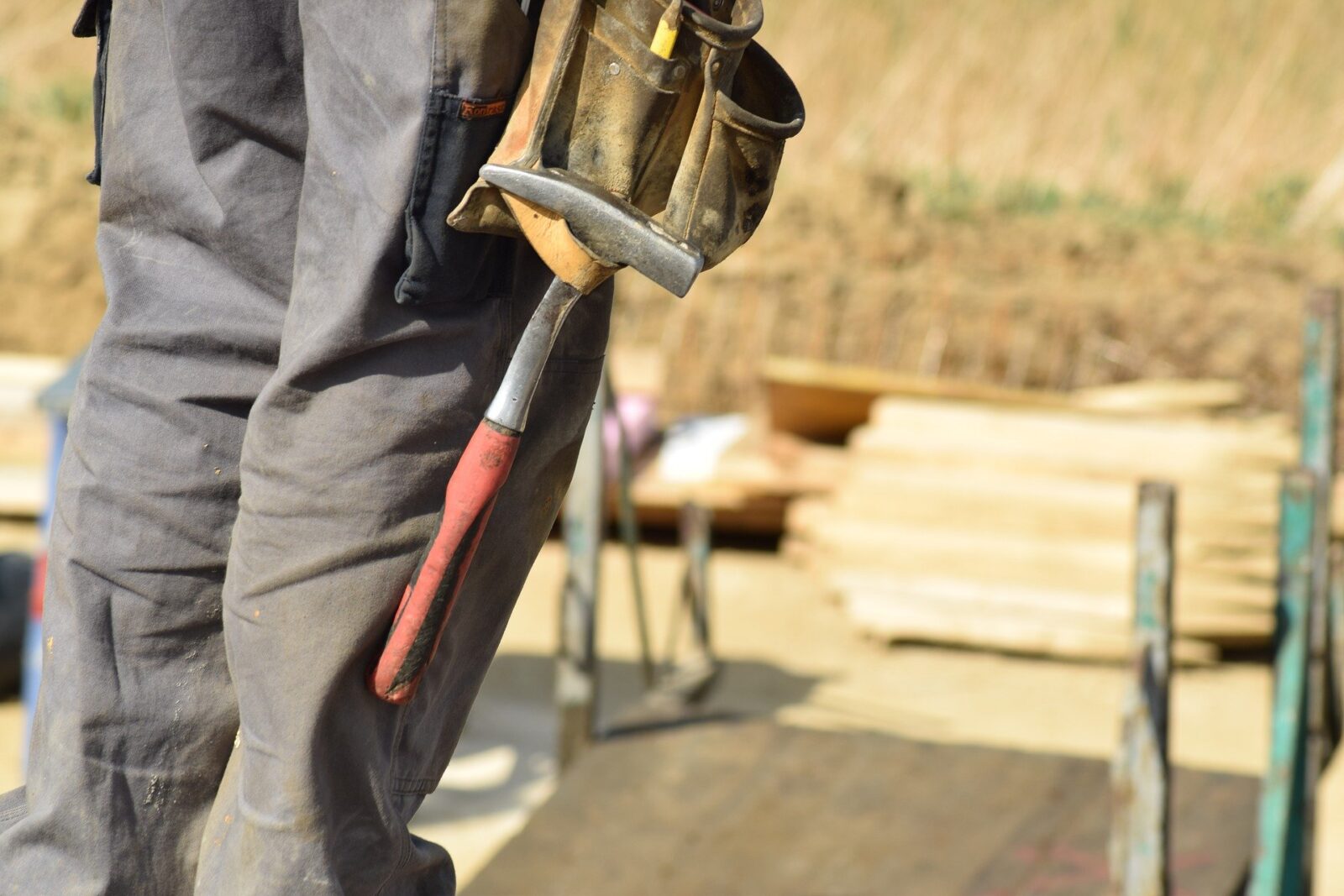Tips For First-Time Home Flippers
Article submitted by guest blogger Ray Flynn of DIYGuys.net
Even if you don’t intend to flip your new home, buying a fixer-upper is a smart decision, especially for first-time homebuyers. It’s no secret that affordable housing is difficult to find, so buying a home that needs some TLC can be a viable entry into owning your own home. While the process can seem daunting, it’s not as complicated as it seems. This guide from Retire Rich Real Estate breaks down what you need to know.
Understand The Buying Process
Buying a home is a relatively straightforward process. The first step is to consider your financial state. What is your credit score? What kind of loan can you secure? Do you have enough income to devote to your monthly payments? Do you have enough saved up for a down payment?
Once you have been pre-approved for a mortgage, it’s time to start looking for a house. Get a real estate agent who knows your overall goal, and start looking in your area for fixer-uppers. Be clear with your agent about what you’re able to spend in total for your home. Don’t forget to factor in the cost of repairs to this amount. You could spend significantly less on a home that needs significant work done, but you’ll likely need that $20,000 you save (or more) for renovations.
Determine What To Fix First
HouseLogic notes that you should make sure the property you purchase has been investigated by a professional home inspector to ensure it’s fit for habitation. The things you should worry about turning up in your inspection report are structural, roofing, foundational, plumbing, and electrical issues. If problems like these are found, you don’t have to rule the home out, but you do need to think about whether you want to spend the time and money required to fix these more serious issues.
Once you know what needs to be renovated, it’s a good idea to begin with the difficult fixes. A roof that needs to be updated or replaced should be addressed first because a leak or collapse could cause internal damage. The bathroom and the kitchen are good places to start next as they usually require the most work.
Don’t Forget To Make Small Repairs
Don’t overlook the small aspects of fixing a home. You may be impressed with how you doubled the kitchen size, but a future buyer will notice if you left outdated fixtures, DIY Network warns. Updating features like doorknobs and light switches can go a long way toward making your home feel luxurious, and they don’t cost a lot of money. The exterior of the home is just as important as the interior. To make sure your house looks great from every angle, keep the yard lush and maintained. Adding a bit of trimming can also make your home seem brand new, and it’s easy to install yourself.
Should You Stay Or Sell?
If you love the neighborhood, and the house is close to where you work, you may want to consider staying in your new home. If the real estate market is down, selling might mean losing money. In this case, it could be a good idea to stay in the home or consider renting it out. Renting it allows you to make a profit while you wait for the market to recover, but you’ll need to make sure to take some safety measures to protect your investment from tenant wear and tear.
It also might make sense to refinance your mortgage if rates have lowered since you first purchased your home. According to this refi FAQ, doing so could give you a lower monthly payment, freeing up cash for any other repairs you plan on making.
There is no denying that it takes hard work to buy and repair a fixer-upper. However, with the right plan and budget, you can find success in the real estate market. After that, it’s just a matter of deciding whether to keep or sell your new home.
Image Courtesy of Pixabay.com

